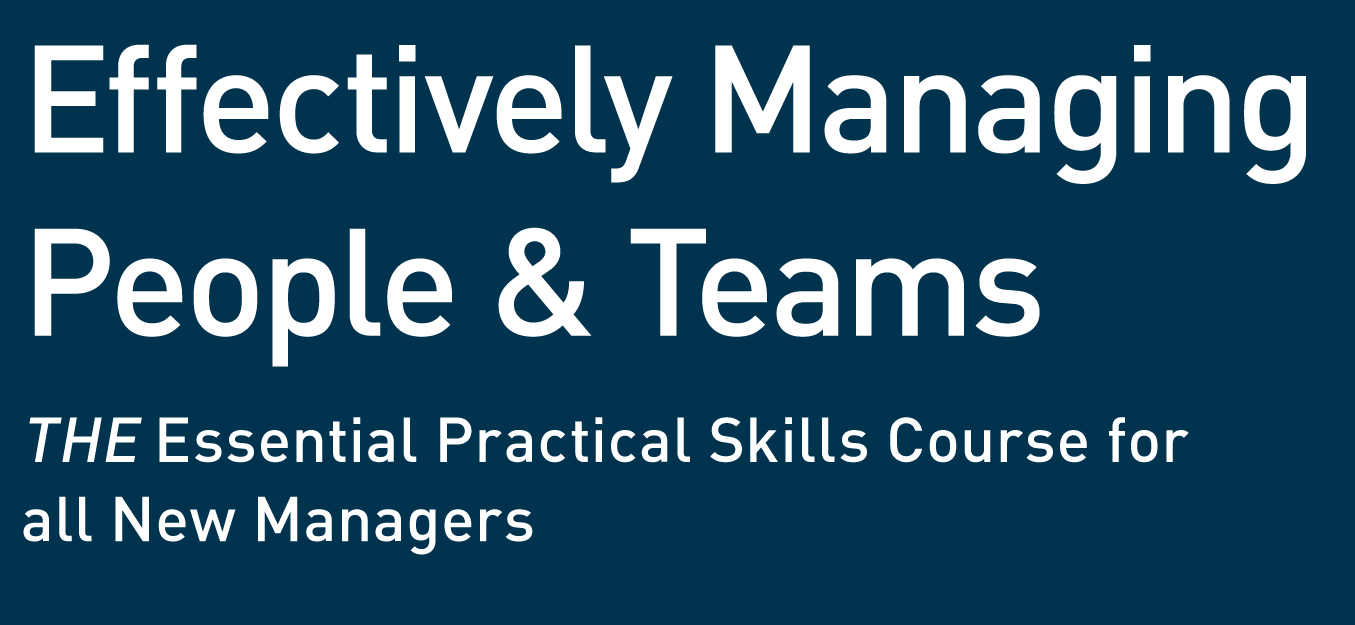This website uses cookies, including third party ones, to allow for analysis of how people use our website in order to improve your experience and our services. By continuing to use our website, you agree to the use of such cookies. Click here for more information on our and .
 Managers must show excellent leadership skills when addressing employee criticisms, according to recruitment specialist Hays.
Managers must show excellent leadership skills when addressing employee criticisms, according to recruitment specialist Hays.
The organisation said businesses are failing to adequately listen to staff feedback, which could be hampering talent retention and profit margins.
This is particularly true of annual employee survey results, Hays argued, with organisations routinely ignoring comments put forward by staff.
“Many managers do not act on the data they collect, or fail to respond, because they see the results as personal criticism,” said Nick Deligiannis, managing director of Hays in Australia and New Zealand.
“That’s where strong leadership is critical. The survey data must be recognised as a way of identifying problem areas and training needs before they become too serious.”
According to Mr Deligiannis, it is odd that organisations do not use information garnered from employees, particularly as it is common to effectively report on other business areas such as finances, supplies and structures.
 There is a strong link between high staff morale, customer satisfaction and better profits, he added, making it a priority for bosses to address staff concerns as quickly as possible.
There is a strong link between high staff morale, customer satisfaction and better profits, he added, making it a priority for bosses to address staff concerns as quickly as possible.
“Businesses that don’t use employee survey data strategically are missing an opportunity to attract and retain high-performing employees,” the expert explained.
Hays cited US department store group Sears as an example, noting that the company used information provided by personnel to turn around net losses of close to $4 billion.
While employee surveys and feedback opportunities are often widely carried out, businesses spend more time commenting on their cost rather than positive outcomes, Mr Deligiannis continued.
He advised managers to stop using them as box-ticking exercises, as this is counterproductive and disengaging for all involved.
Hays offered a range of tips for organisations looking to improve their employee data practices, including cross-referencing survey results with hire and exit interviews and collecting data in real-time rather than annually.
Related articles
- The Negatives of Employee Engagement Surveys (greatwithtalent.me)
- Lousy Employee Survey Response Rates? Follow These Tips (blogs.sap.com)
- Don’t allow staff to shirk work, managers advised (informaaustralia.wordpress.com)
